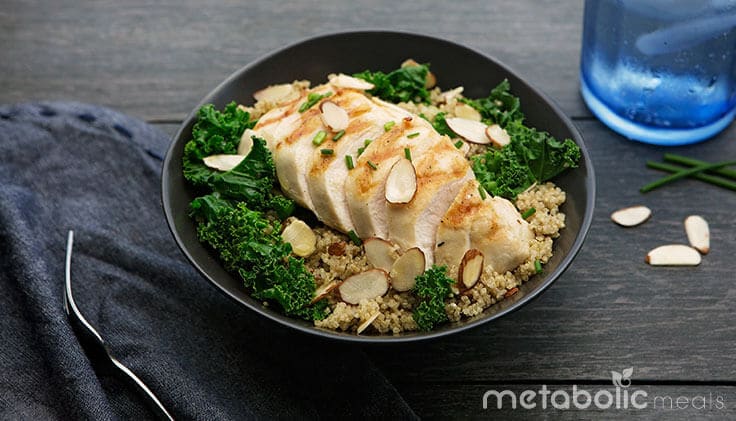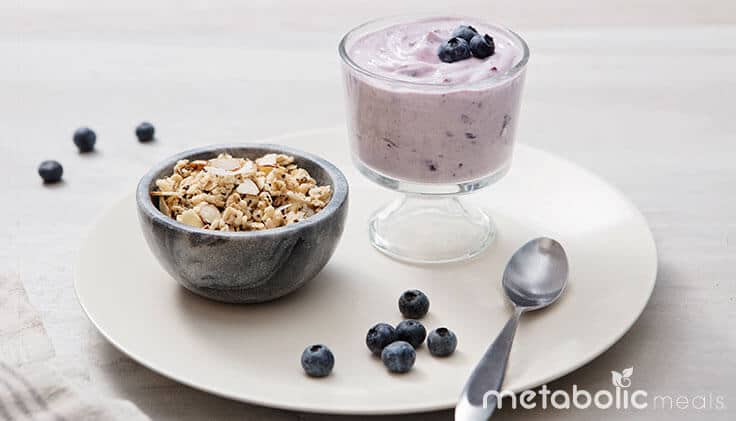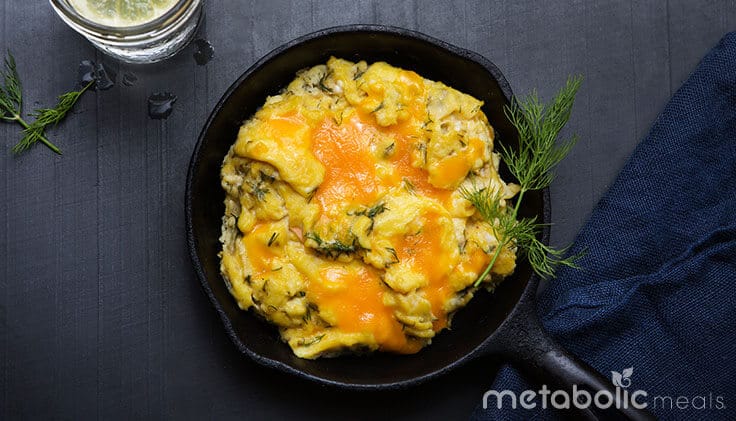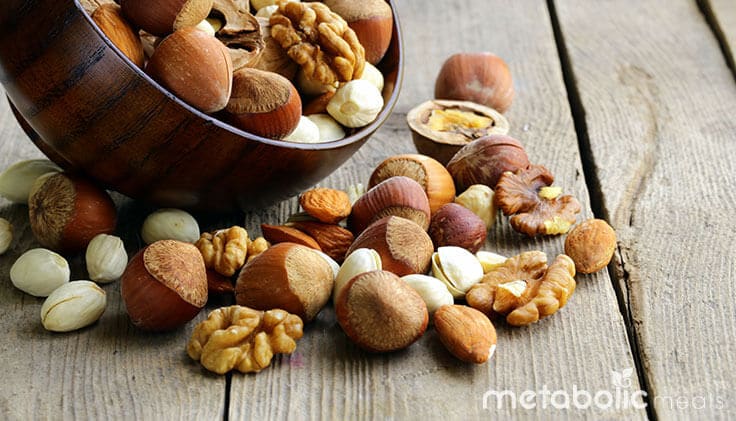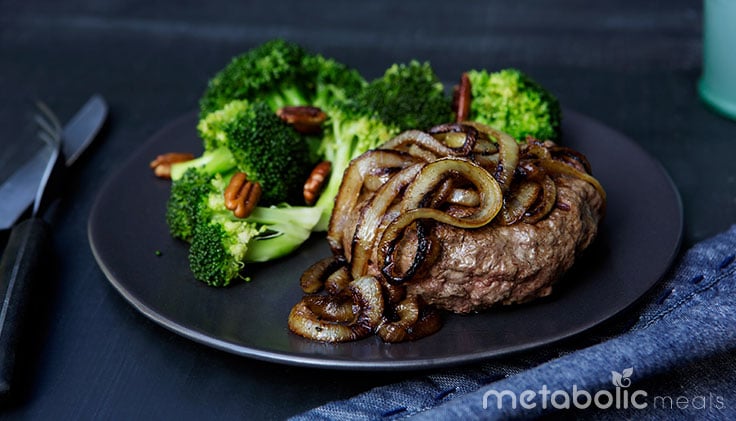ARTICLE AT A GLANCE
Your body needs proper nutrition every day of your life, but this is especially true during pregnancy. In just nine short months, your body goes through massive hormonal changes while growing another human being. It’s one of the most taxing experiences you can endure, but a healthy supply of the right nutrients can help.
For those nine months, your body and the growing baby inside it constantly draw from your nutritional stores. It takes an enormous amount of energy to support your body and an embryo’s growth, which means you’re at a higher-than-normal risk of becoming nutrient-deficient.
It’s no surprise that you’re hungrier when you’re pregnant, but it’s important to remember that what you eat should do more than just satisfy a craving. That hunger comes from your body, not your taste buds, and it means your body and your baby need energy.
Health Consequences for Two
Some of the side effects of nutrient deficiency are consistent regardless of whether you’re pregnant, such as feeling worn down and fatigued. However, because your body is doing much more than usual, the resulting lack of energy can be accompanied by several additional symptoms and health risks.
For example, if you’re low on magnesium, which is necessary for your muscles to relax, you might experience chronic migraines and muscle cramps. If you’re magnesium deficient and pregnant, you could experience more frequent and intense bouts of morning sickness, along with limited mobility due to sore, stiff, or spasmodic muscles.
Besides exhaustion and aching muscles, many of the side effects are direct threats to your health and your baby’s development. For instance, maternal nutrient deficiency is a common factor in gestational diabetes, which complicates as many as 14 percent of pregnancies in the U.S. every year.
Whether from malnutrition (not consuming enough nutrients) or micronutrient deficiency (not getting enough of the right nutrients), the consequences of unhealthy eating are as amplified as your cravings when you’re pregnant. If you’re not getting enough nutrients, then your baby might not be either, and any health risks you experience will affect your baby’s health, too.
Feeding a Healthy Pregnancy
Vitamins and minerals are not all created equal, so it should come as no surprise that some nutrients are more necessary during pregnancy than others. If you want to ensure you get the energy you and your little one need, focus on consuming enough of the following nutrients:
1. Folate
Folate is a type of B vitamin that your body needs to develop strong, healthy red blood cells. If you’re folate-deficient, you’re more at risk of developing anemia and your baby is more at risk of growth and development issues within your womb. Folate can be found abundantly in liver and dark leafy greens such as spinach. However, freezing spinach destroys its folate supply, so opt for a fresh salad instead of a smoothie.
2. Calcium
Calcium is the most notable mineral responsible for forming strong bones and teeth, as well as for several vital cellular processes. It’s even more important to include in your diet because, as an element, calcium isn’t something your body naturally produces. Instead, you can find plenty of calcium in dairy products such as grass-fed whole milk and yogurt, as well as fish with edible bones (such as sardines, which have a particularly low mercury count).
3. Vitamin D
Vitamin D is one of the more important nutrients in every stage of life, but during pregnancy, it’s vital for regulating your hormones and helping your baby develop strong, healthy bones. The vitamin is also necessary for your body to absorb, store, and use calcium as needed. Egg yolks, beef liver, and high-quality cheese are excellent sources of vitamin D, while exposure to sunlight stimulates your body to produce more of it.
4. Magnesium
Magnesium not only helps your muscles relax, but it also activates hundreds of enzyme reactions throughout the body. It also facilitates the formation of proteins, bone structure, and DNA. Regulating blood sugar is one of those reactions, making magnesium deficiency a factor in gestational diabetes. In addition to nutritional supplements (if recommended), you can also find magnesium in nuts and seeds, including almonds, cashews, and sesame.
5. Iron
Iron is one of the more common nutrients that pregnant women lack, and many expectant mothers work with their doctors to supplement their iron to avoid becoming anemic. The mineral is responsible for building your baby’s skeletal system and red blood cells, which can quickly deplete your body’s supply. Talk with your physician about supplementing your iron, and stock up on the mineral by eating iron-rich foods such as grass-fed beef and liver.
Now that you know the importance of filling up on essential nutrients, the only thing left is to plan your meals accordingly. For many people, this is the greatest challenge to healthier eating, but for pregnant mothers, it’s even more so.
If you have difficulty planning and preparing nutrient-rich meals every day, have yours prepared for you by an affordable meal delivery service. Metabolic Meals takes the hassle out of healthy eating by providing fresh, nutritional, high-quality entrees directly to your door. You can rest assured that you’re getting the energy you need without wasting any of it trying to fit meal planning into your schedule.

